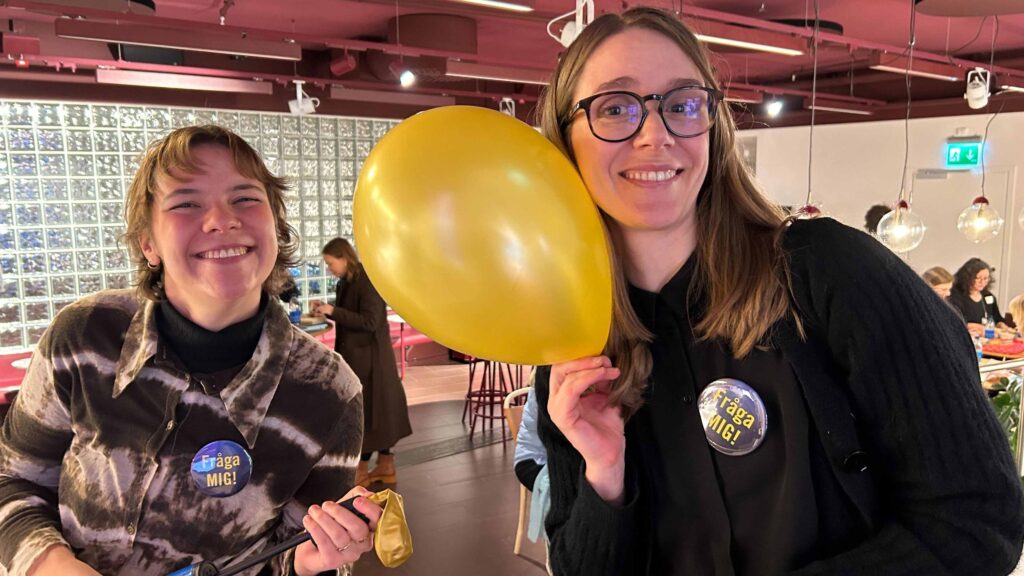As my internship comes to an end, I found myself reflecting on the new perspectives I have gained, particularly about the broader role of researchers in society.

During this experience, I realized how easy it is for scientists, myself included, to remain within the confines of our specialized work, always focused on lab experiments, publications, and advancing knowledge within our specific domains. While this focus is crucial, it can sometimes limit our understanding of how research connects to the wider world.
My internship made me realize the deeper societal role of research, particularly its importance in shaping decisions in political and policy contexts
This realization led me to question the societal role of researchers, which is not always clearly defined. Are we expected to share our findings with the public? Should we voice our opinions on societal issues informed by our expertise? These questions are not straightforward and lack clear answers, but they are crucial to consider. Traditionally, scientists have primarily shared their findings within academic circles, publishing in journals or presenting at conferences. This has been seen as our main responsibility. However, my internship made me realize the deeper societal role of research, particularly its importance in shaping decisions in political and policy contexts. Scientific findings support making informed decisions, and trust in research is crucial for this to work well.
This brings me to the importance of exploring public trust in research and researchers. Tools such as attitude surveys can be used to learn how the public views science, research and researchers. The barometers play a critical role in understanding how the population views science. As a basic researcher, I had not previously considered how crucial this trust is for creating a healthy dialogue between science and society. This realization expanded my lab-centered mindset and opened my eyes to the importance of public engagement.
As a basic researcher, I had not previously considered how crucial trust is for creating a healthy dialogue between science and society
One particularly inspiring experience was participating in events like the Researcher Grand Prix and Forum for science communication. These platforms highlighted how breaking down complex concepts and sharing them with enthusiasm can captivate and educate the public. The positive response from audiences including highschoolers reinforced how eager people are to engage with scientists when it is presented in an accessible way. Reflecting on these experiences, I now see public communication as an integral part of a researcher’s role. While not every scientist may feel attracted to engage in this way, I believe it is a responsibility worth embracing. For me personally, this has sparked a desire to focus on science communication, whether my future career remains in academia or takes me elsewhere.
The positive response from audiences including highschoolers reinforced how eager people are to engage with scientists when it is presented in an accessible way
In conclusion, my internship has been transformative, helping me understand that research is not just about experiments and discoveries, it is also about connecting with society. The trust and engagement of the public are essential for the impact of science to be fully realized, and researchers have a unique opportunity to encourage this connection. This realization has deeply shaped how I envision my role as a scientist in the future.
/Laurène Adam, doctoral student at Karolinska Institutet and intern at Public & Science Sweden
Laurène Adam is a doctoral student at Karolinska Institutet. She is a trained biochemist and her research focuses on understanding molecular mechanisms of Parkinson’s disease to find new ways of therapies. Her one-month internship at Public & Science Sweden is supported by the career service at Karolinska Institutet.
